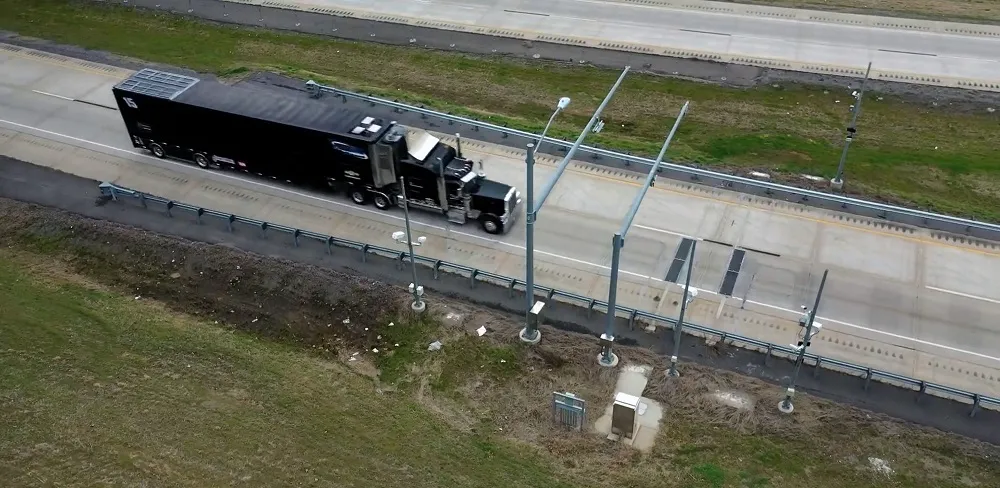DHL Trend Research has launched its latest trend report, Self-Driving Vehicles in Logistics, which highlights the key elements and potential of autonomous technologies. The report sheds light on various best-practice applications of self-driving vehicles in various industries today, and also reveals a detailed look into the use cases of self-driving vehicles across the entire logistics value chain.
The report examines the hurdles to be crossed before self-driving technology reaches full maturity, and addresses the challenges of regulations, public acceptance and issues of liability and looks at various best-practice applications across several industries today.
It also takes detailed look into the existing technology that’s successfully used today as well as some future applications for self-driving vehicles in the logistics industry, which the report says provides some of the most ideal working environments for self-driving vehicles.
Examples include warehouses and other private and secure indoor locations where good, rather than people, are loaded and transported and relatively isolated and remote outdoor locations where harsh conditions and long hours can put human drivers at risk. The report authors, Matthias Heutger and Dr Markus Kückelhaus claim that it’s no surprise that the logistics industry has been deploying self-driving vehicles for several years and is adopting advances in self-driving technology more rapidly than many other industries.
Heutger and Kückelhaus claim there is no doubt that self-driving vehicles will change the world of logistics, as well as many aspects of our personal and business lives. The question is no longer ‘if but ‘when’ autonomous vehicles will appear on our streets and highways. As the speed of adoption increases, particularly in the ideal working environments of the logistics industry, it is clear that logistics service providers can have a key role to play.
Self-driving vehicles – the road to the future?
DHL Trend Research has launched its latest trend report, Self-Driving Vehicles in Logistics, which highlights the key elements and potential of autonomous technologies. The report sheds light on various best-practice applications of self-driving vehicles in various industries today, and also reveals a detailed look into the use cases of self-driving vehicles across the entire logistics value chain.
December 24, 2014
Read time: 2 mins









